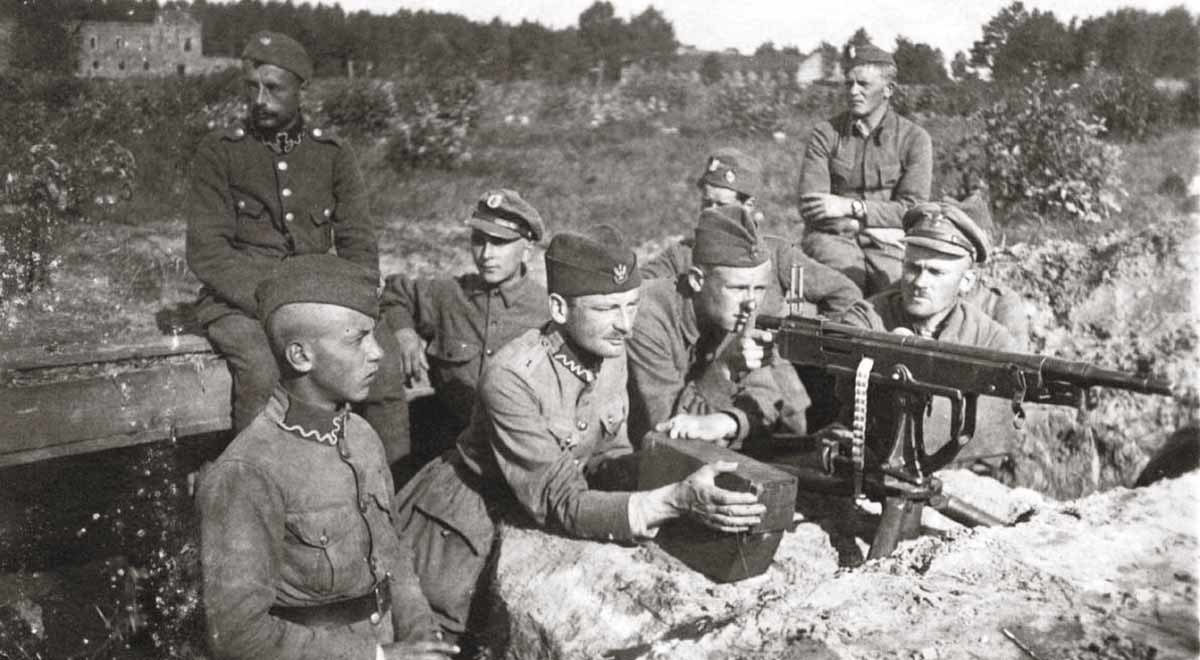
Battle of Warsaw
Warsaw, PolandAfter the Polish Kiev Offensive, Soviet forces launched a successful counterattack in summer 1920, forcing the Polish army to retreat westward in disarray. The Polish forces seemed on the verge of disintegration and observers predicted a decisive Soviet victory.
The Battle of Warsaw was fought from August 12–25, 1920 as Red Army forces commanded by Mikhail Tukhachevsky approached the Polish capital of Warsaw and the nearby Modlin Fortress. On August 16, Polish forces commanded by Józef Piłsudski counterattacked from the south, disrupting the enemy's offensive, forcing the Russian forces into a disorganized withdrawal eastward and behind the Neman River.
The defeat crippled the Red Army; Vladimir Lenin, the Bolshevik leader, called it "an enormous defeat" for his forces. In the following months, several more Polish follow-up victories secured Poland's independence and led to a peace treaty with Soviet Russia and Soviet Ukraine later that year, securing the Polish state's eastern frontiers until 1939. The politician and diplomat Edgar Vincent regards this event as one of the most important battles in history on his expanded list of most decisive battles, since the Polish victory over the Soviets halted the spread of communism further westwards into Europe. A Soviet victory, which would have led to the creation of a pro-Soviet Communist Poland, would have put the Soviets directly on the eastern border of Germany, where considerable revolutionary ferment was present at the time.
